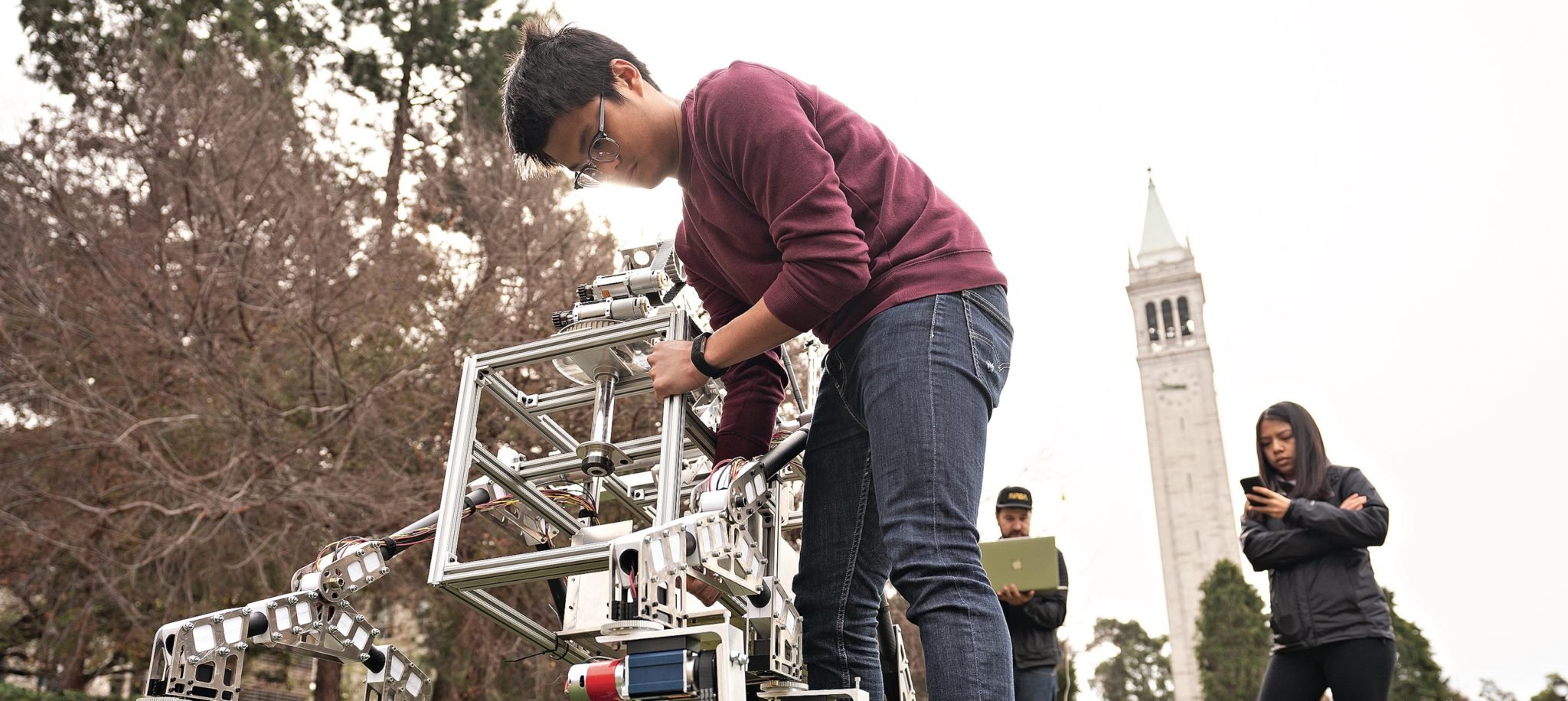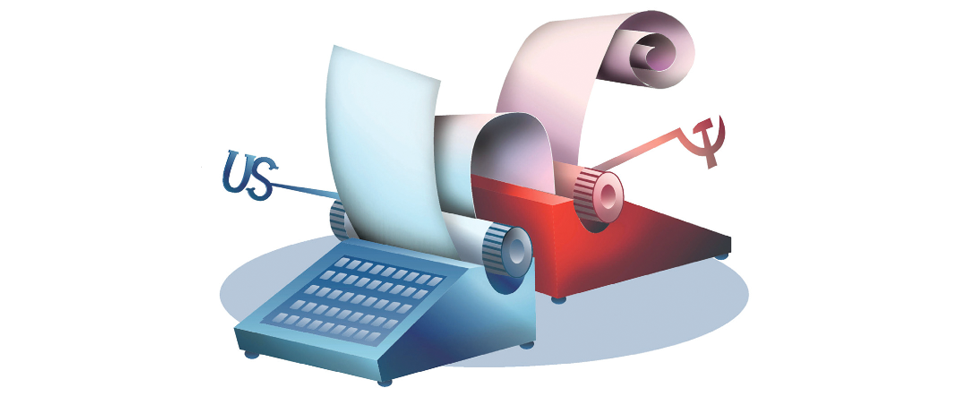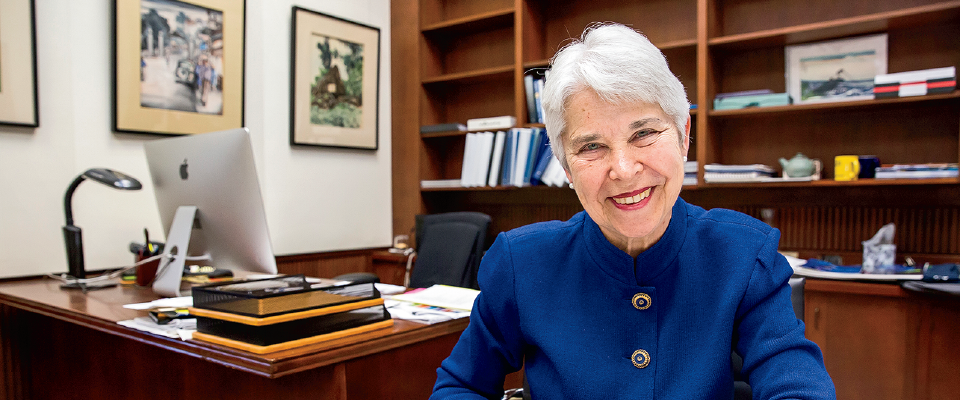Let’s face it, over the last few years, every day seems to arrive with a new set of unhappy headlines about existential issues.
Reasons for cheer have been hard to come by. And, so, as I contemplated what to convey in this column, the time seemed right to shine some of Berkeley’s light on these dark days. Amazing things are underway on our campus that have been pushed to the periphery of our collective concerns.
What follows are three examples of the extraordinary teaching, exploration, and discovery that have continued behind the scenes and beyond the headlines. They share foundational Berkeley attributes: Each embodies our comprehensive excellence; our dedication to the greater good; and the readiness of our students, faculty, staff, and alumni to be and support fellow changemakers.
Computing, Data Science, and Society
When, in 2019, we took the extraordinary step of launching a new academic division, we had high aspirations. They have been exceeded across the board. Already, our Division of Computing, Data Science, and Society (CDSS) is regarded as the best data science program in the world. Nearly one in five of our undergraduates are taking a data science course each year. Since 2018, more than 2,000 students have declared it as a major, and 50 percent of those students are women.
CDSS is creating opportunities for a diverse group of faculty and students, from an array of disciplines, to build community in support of world-changing research and life-changing education. By marshaling vast amounts of diverse data, their work is deepening our understanding of the best possible interventions to improve everything from the environment to social welfare. In classic Berkeley fashion, CDSS is tackling, at once, the technical, scientific, social, and human dimensions of urgent challenges and opportunities. Among them is computational precision health, a novel joint venture with UCSF harnessing medicine, data science, and computing in the pursuit of new, personalized approaches to human health.
We are thrilled by how the Cal community is responding to this new academic powerhouse with generous support for construction of the Gateway, the building that will be CDSS’s new home.
Neuroscience
Not long after CDSS was launched, Berkeley was selected to be one of only three universities in the Weill Neurohub, a new research network that is forging collaborations between neuroscientists and researchers from a variety of other disciplines—including computer science, physics, chemistry, and mathematics—in order to develop new clinical treatments for neurological and neuropsychiatric diseases, such as Alzheimer’s and Parkinson’s.
The work underway at the Neurohub relies on cutting-edge academic disciplines, including neuroanalytics and neurocomputation. It should be no surprise that research exploring the trillion connections in our brain relies on the connections across our campus. What we are learning about the brain boggles the mind—one of the reasons we are working to create a unique, new Department of Neuroscience. There, faculty from far beyond the traditional boundaries of biology and psychology will bring to bear everything Berkeley has to offer in computational neuroscience, physics, and engineering—fields that bridge biology and behavior and which are driving rapid neuroscience discoveries.
The Kavli Center
No sampling of Berkeley’s best would be complete without the inclusion of a program that reflects the full extent of our public ethos and devotion to the greater good. In 2021, we became a home for the Kavli Center for Ethics, Science, and the Public, where we are connecting and engaging scientists, ethicists, social scientists, communicators, policy experts, and the public in discussions and examinations of the potential impacts of scientific discoveries. Together, they share an interest in ensuring the future goes right—and understanding what “right” really means—through inquiry into the societal, moral, and ethical aspects of scientific advances.
The campus’s connective tissue is evident here, as well, given the center’s initial focus on explorations of neuroscience, artificial intelligence, and gene editing—disciplines with enormous potential to affect the nature of human life. And, like the other examples, the Kavli Center is adopting an expansive approach that leverages the full depth and breadth of our university’s intellectual resources.
I have said it before and will surely say it again: The resilience of this university and its community never ceases to amaze. Something to remember the next time current events threaten to eclipse Berkeley’s everlasting light.





















